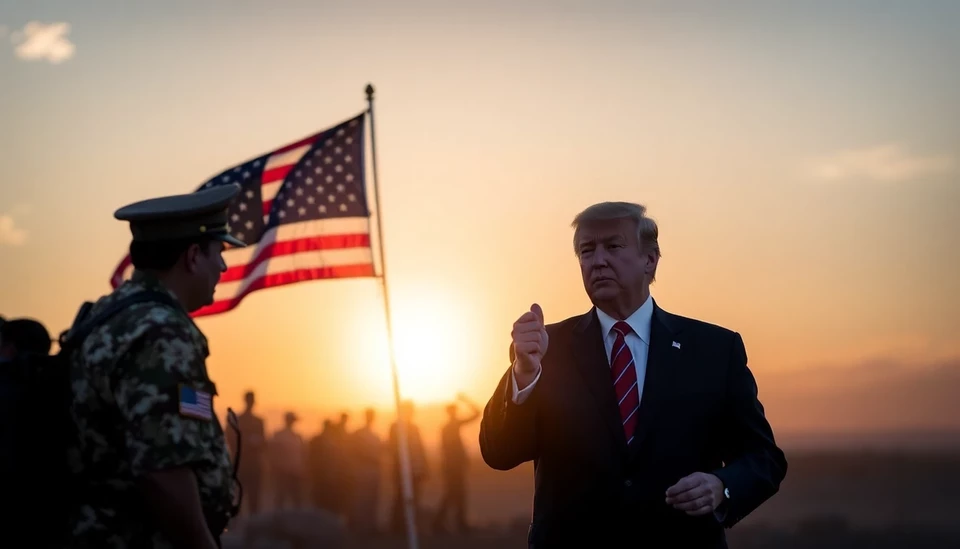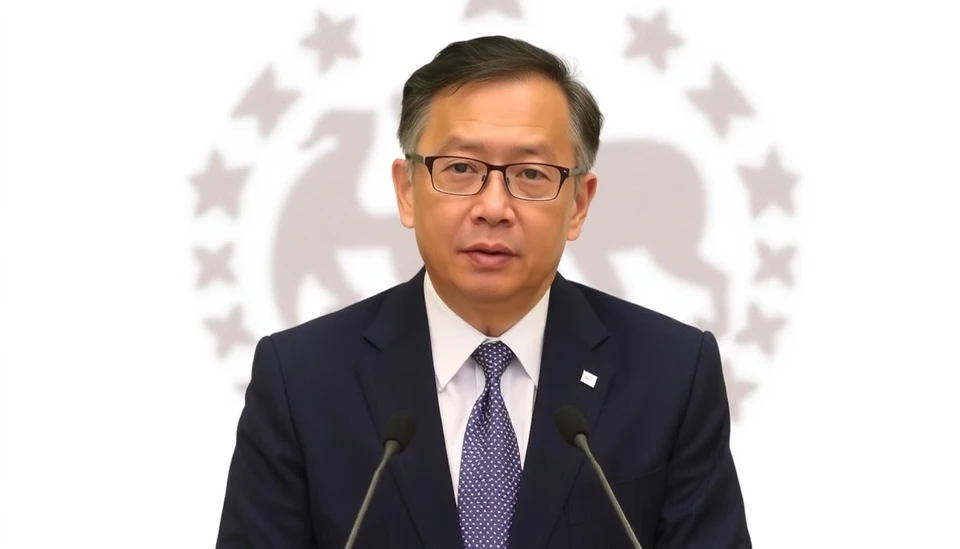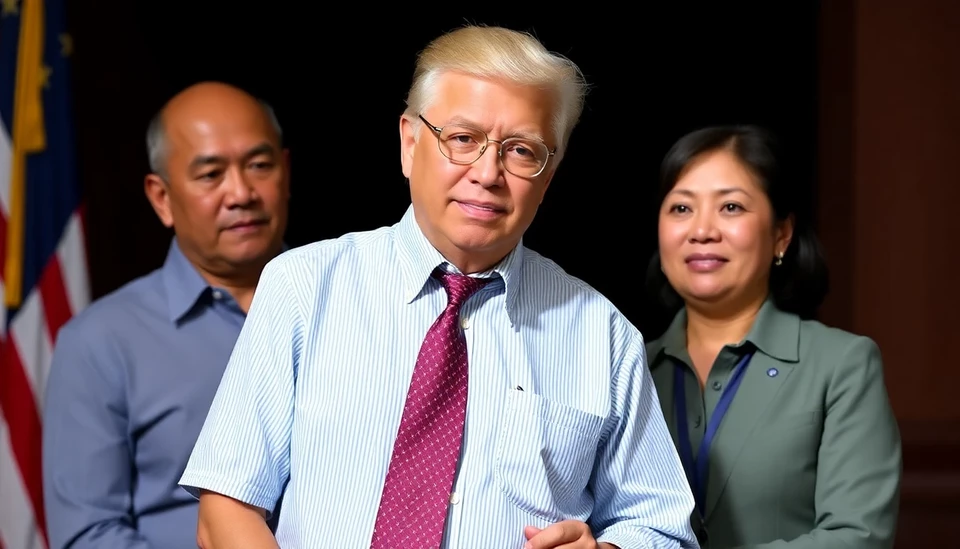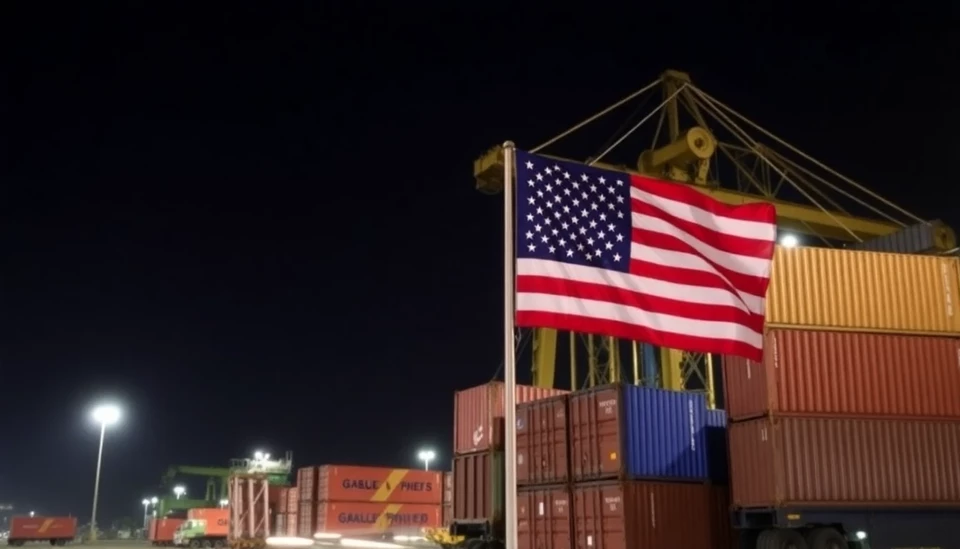
The United States has reaffirmed its unwavering commitment to the Philippines, emphasizing that defense agreements between the two nations are "ironclad." This declaration comes amidst growing concerns over China's assertive actions in the South China Sea and the need for robust military alignments in the Asia-Pacific region.
In a recent statement, a senior U.S. official articulated that the defense relationship with the Philippines remains strong, particularly as the region grapples with escalating tensions. The commitment to uphold these agreements serves not only to deter potential aggression but also to bolster regional stability through a united front.
During a press conference, the U.S. official made it clear that any threats against the Philippines would be met with serious repercussions, reiterating the mutual defense treaty that has been in place since 1951. This treaty obligates both nations to support each other in the event of an armed attack, a principle that the U.S. is keen to uphold as a cornerstone of its foreign policy in the region.
The Philippines, strategically located in the South China Sea, is an essential partner for the United States, serving as a buffer against increasing Chinese influence. Recent incursions by Chinese vessels have raised alarm bells in Manila, prompting the government to seek stronger military ties with Washington. In light of these developments, the U.S. has expressed readiness to support the Philippines through various means, including military exercises and equipment transfers.
Moreover, the growing collaboration is indicative of a wider attempt by the U.S. to encircle China through a network of alliances. As Beijing's military capabilities expand, the necessity for such partnerships has become critical. The Philippines, with its geographical positioning and historical ties to the U.S., plays a vital role in this strategy.
In the context of domestic politics, the Biden administration continues to navigate its foreign policy initiatives against the backdrop of Trump's earlier commitments. The current leadership emphasizes continuity in U.S. engagement in the Indo-Pacific, demonstrating that bipartisan support exists for fortified defense ties with the Philippines, regardless of the political landscape.
Looking ahead, key discussions are expected to take place regarding the enhancement of bilateral security arrangements, including potential agreements on arms sales and joint military training exercises. This will not only strengthen the U.S.-Philippines alliance but also send a clear message to Beijing regarding the determination of Washington to maintain its sphere of influence in the Asia-Pacific.
In conclusion, the U.S. commitment to the Philippines remains steadfast, characterized by an “ironclad” guarantee of support. As the geopolitical dynamics in the region evolve, the foundation laid by earlier agreements will play a crucial role in safeguarding the interests of both nations and ensuring a balanced power structure in the face of rising challenges.
#Philippines #USMilitary #DefenseTreaty #SouthChinaSea #ChinaRelations #Geopolitics #BilateralRelations #MilitaryAlliances #USPhilippines #TrumpAdministration
Author: Laura Mitchell




